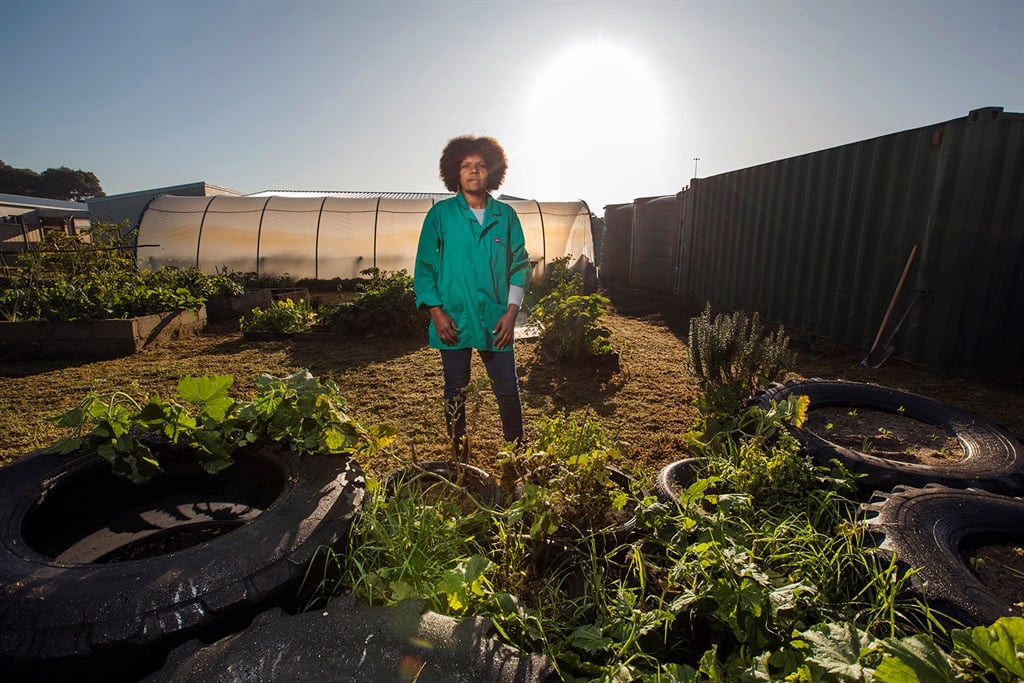
Social entrepreneurship is a growing global trend that offers a means of creating inclusive economic growth and sustainable businesses. Although social enterprises can take many forms and operate under a variety of models, they all share a dual mission to create both social/environmental impact and commercial value.
Particularly in emerging markets, which face a complex set of structural social and economic challenges, social enterprises can fill the gaps left by the public and private sectors to meet the needs of marginalised citizens. For instance, social enterprises might use their businesses to stimulate job creation, support local communities, improve health and wellbeing, protect the environment, promote education, bridge technology gaps, or empower women. Recent estimates suggest that there are millions of social enterprises in Africa, with 140,000 in South Africa alone.
In light of Africa’s leadership in the global social entrepreneurship space, the increasing funding available for impact businesses on the continent, and the vast potential for social entrepreneurs to solve intractable problems in emerging markets, it has never been more important to explore and dissect the journeys of impact-driven entrepreneurs in our MBA classrooms. Although we at the GSB CWC are hard-pressed to pick just three of our favourite teaching cases on social enterprise – at 14 and counting, there are too many to choose from – here are our top 3, for now.
1. “GrowBox: The reality of growth challenges for a social entrepreneur in Cape Town”
by Associate Professor Mignon Reyneke, Caitlin Ferreira, Jeandri Robertson, Claire Barnardo
GrowBox started as a vegetable garden in Hanover Park township in Cape Town, an area plagued by extreme poverty, high unemployment, substance abuse, and violent gangsterism. Building on their vision of promoting household and subsistence farming, they developed their core concept of planter box filled with a customer’s choice of vegetable and herb seedlings that can be grown in small spaces, such as patios and balconies. GrowBox sells to a diverse range of customers to foster eco-friendly practices for all households. The social impact component of their business is built on a 2-for-1 model: for every two boxes sold, one is sponsored for a disadvantaged household. Despite the positive impact they are bringing to their community, CEO and founder Renshia Manuel is caught in a trap: she needs to grow the business to bring in cash to invest in her team and equipment, but she needs a team and the right equipment to grow the business. While also dealing with the day-to-day challenges of running a new business, how will Manuel set her priorities and grow the social enterprise?
2. “Sproxil: Walking the tightrope – balancing money and the mission in an African growth enterprise"
by Cynthia Schweer Rayner & Dr François Bonnici
Sproxil uses mobile technology to enable consumers to verify the authenticity of pharmaceutical products at the point of purchase. In the case, Sproxil must, of course, balance its for-profit motive with its strong social mission of building world class technology to educate and engage consumers and companies in the fight against fake drugs. It is this duality purpose that leads Sproxil’s founder, Ashifi Gogo, to be conflicted about the strategic direction the company should take as it pursues growth and financial sustainability in an increasingly competitive market space. Despite opting for a for-profit strategy, he does not want to dilute or lose focus of the company’s original focus of protecting consumers from dangerous counterfeit drugs. How will the diversification of Sproxil’s product offering and target market affect its core mission? Can Sproxil afford not to diversify?
3. “Silulo Ulutho Technologies: African social enterprise driving inclusive business practice”
by Eckard Smuts, Sophia Campello Beckwith, Ncedisa Nkonyeni, Ella Scheepers, Dr François Bonnici
"Silulo Ulutho Technologuies: Scaling a social enterprise in South Africa”
by James Chiswell, Associate Professor Warren Nilsson, Professor Geoff Bick, Sarah Boyd
Silulo Ulutho Technologies is one of South Africa’s most celebrated social enterprises, founded to bridge the technology gap for educators in township schools. Over the years, it has become a vehicle for social change in townships by providing integrated ICT services, career support, and job training for the wider township and rural community. The first case documents the rise of Silulo as a multifaceted ICT service provider in the townships, to a rapidly scaling and highly diversified enterprise. Readers see the value of businesses that bridge informal and formal markets. The second case finds Silulo in the midst of a major growth phase with eight different businesses and franchises throughout the country. The question is: are they doing too much? Are they losing sight of their core mission, and the real opportunities and needs in the township market? If so, what should their scale strategy look like?
Read the cases
These cases highlight the value of social entrepreneurship, and provide unique lessons for entrepreneurs, policymakers, and impact investors. You can find these and more cases on social enterprise from the GSB Case Writing Centre at Emerald and The Case Centre.
by Luvuyo Mncanca














